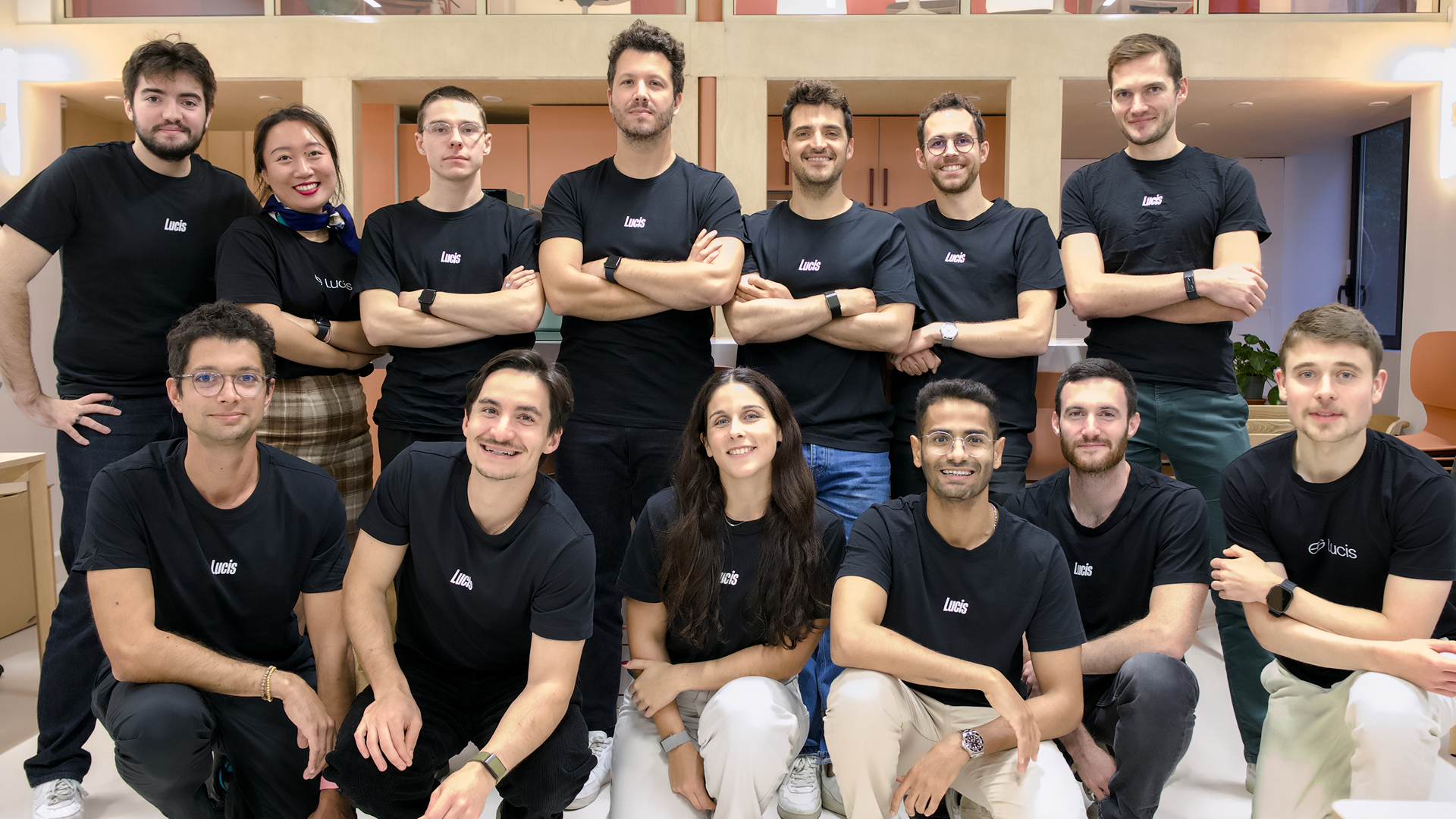Table of contents
Health insurance today doesn’t make a lot of sense to us. Let’s first look at it from the consumer angle. In America, most of us receive health insurance as part of employment. However, most Americans are covered by group plans, which tend to be one-size-fits-all. This doesn’t quite fit into the reality of how we live our lives: one person might care a lot about mental health benefits, and another might care more about getting braces for their kids. Remote and hybrid working arrangements are also complicating the picture. If a company is headquartered in California but some of their employees live in Texas, they might be getting suboptimal care from a California group plan, for higher cost. If they leave their company, they may lose health insurance coverage – at a time when they might need it most. Things don’t make a lot of sense from the employer’s angle either. Businesses are constantly stressed about finding that perfect plan that will make all their employees happy, even though they didn’t go into business to become experts on health benefits. Premiums on group plans are increasing dramatically, creating further stress for employers, as this is often one of the biggest cost items for them.
Now imagine if…employers could allocate a budget to employees and give them the freedom to purchase health insurance and benefits that are best suited for them and their families. Employees would have better engagement with their plans, leading to healthier lives. Employers would have better control of their health care expenditures, while making more of their valuable employees happy. When employees leave their company, they can take their plans with them and perhaps even qualify for a subsidy to help them pay their premiums. Instead of jumping around on different plans dictated by their employers, people get to have continuity with their health insurance and care providers.
We think this is the future of health benefits, and that’s why we are incredibly excited to announce that we are co-leading a Series A investment to back Chris Ellis, Adam Stevenson, and the team at Thatch. Chris and Adam both lost their parents to cancer at a young age. Their experiences led them on a mission to help create a fairer and more ideal version of American healthcare.
The future we outlined above requires a great team. In the last year, we’ve watched Thatch assemble a very talented group of individuals while delighting hundreds of customers, many insurance carriers, and broker partners. We rarely see teams make progress at such a fast pace. If you’re reading this, you should consider joining Thatch on their mission.
This future is further made possible by a few recent tailwinds. First, in 2020 the Individual Coverage Health Reimbursement Arrangement (ICHRA) came into being with bi-partisan support, enabling employers to provide employees with tax-free funds to purchase individualized health insurance and benefits. ICHRA can be offered to employees in lieu of traditional group plans or other health benefits arrangements.
Secondly, we are now over a decade into the founding of the Health Insurance Marketplaces. Those exchanges now collectively have over 22 million covered lives. As enrollment has increased, the risk pool has diversified and attracted more carriers, increasing diversity and quality of offerings while keeping cost increases in check. What’s most exciting is that these plans have not only become cost competitive with group plans, but they may often be at parity or better on quality as well.
While the ICHRA regulation has significant promise, implementation can be highly complex, as it requires coordination across multiple carriers, employees, and the employer. Additionally, navigating poor user interfaces can be daunting for employees who are trying to select plans. Thatch is leveraging AI-powered tools, fintech infrastructure, and deep integrations to create a frictionless solution that equips employees, employers, and brokers with the necessary tools to make shopping for healthcare as easy as possible. Employers can easily onboard their employees to ICHRA and are provided with data-driven suggestions for budgets based on similar plans and census data. Funds are deducted automatically via integrations with payroll providers, reducing the operational burden of implementing an ICHRA plan. Employees are provided with an AI-powered copilot that helps them navigate their options and select the right plan based on their needs and current providers. They also get a debit card and receipt management to ensure they are in compliance, and we believe Thatch is well positioned to help individuals figure how to spend their remaining benefits dollars.
While it’s still early days, we are especially excited about Thatch’s potential to help “consumerize” more of American healthcare. ICHRA is about giving choice back to people. We think this can be a very powerful thing: when consumers are free to choose, fundamental market forces get to work. Those forces are things like cost, quality, and transparency. We hope Thatch will help take us a step closer to a fairer healthcare system with positive outcomes for all.







_r2_v2.jpg)



